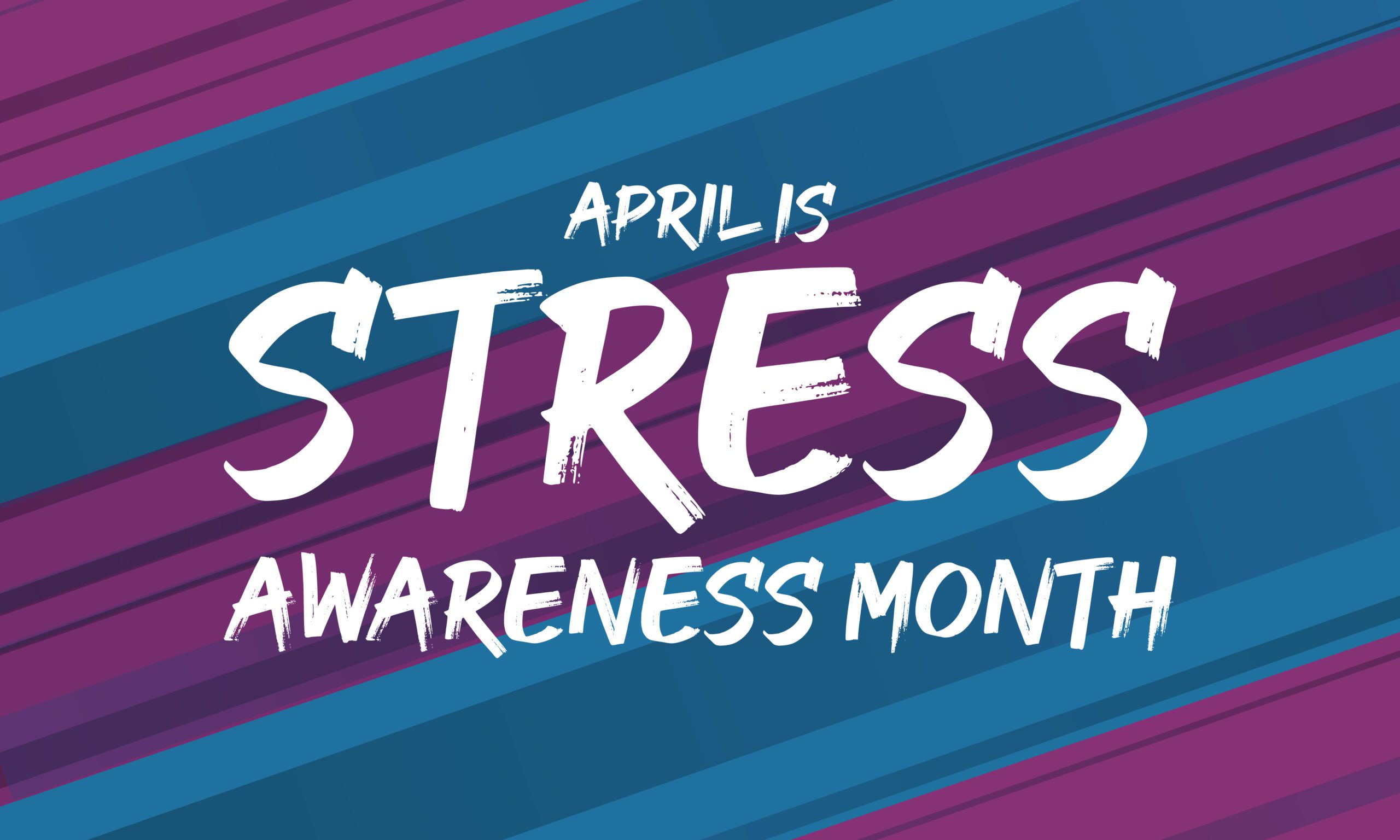
Stress is a natural physical and mental reaction to life experiences. Anything from everyday responsibilities like feeding your family to more serious life events like a car accident can trigger stress. In immediate, short-term situations, stress can help you cope with potentially serious situations.
Your body responds to stress by releasing hormones that increase your heart and breathing rates and ready your muscles to respond. However, if this response continues longer than necessary for survival, it can take a toll on your health. Chronic stress can affect your overall well-being, with symptoms impacting many of your body’s systems.
Your central nervous system controls the “fight or flight” response. When you’re stressed, your brain’s hypothalamus signals your adrenal glands to release adrenaline and cortisol. These hormones increase your heart rate and direct blood to muscles and vital areas. Once the threat is over, the hypothalamus should signal the body to return to normal. If the stressor continues or the CNS doesn’t reset, the response continues.
Stress hormones affect your respiratory and cardiovascular systems. Under stress, you breathe faster, your heart beats faster, and your blood vessels constrict in order to quickly distribute oxygen-rich blood to your body. Frequent or chronic stress can aggravate breathing problems and put you at risk for high blood pressure, heart attack or stroke.
Under stress, your liver produces extra blood sugar to give you more energy. However, if you’re experiencing chronic stress, your body may not be able to keep up with this surge, increasing your risk of developing type 2 diabetes.
Other systems’ reactions can also upset your digestive systems and affect the way food moves through your body, causing symptoms like nausea and indigestion. This response, paired with an increase in stomach acid may also produce heartburn or acid reflux. While stress doesn’t cause ulcers, it can make existing ones worse.
Your muscles tense up to protect themselves from injury when you’re stressed. They tend to release again once you relax, but if you’re constantly under stress, your muscles may not get the chance to relax. Tight muscles can cause headaches, back and shoulder pain, and body aches. Over time, this can create an unhealthy cycle, especially if you stop exercising and rely on pain medication for relief.
Stress is exhausting for both the body and mind, often leading to reductions in sexual drive.
For men, chronic stress can reduce men’s testosterone levels, affecting sperm production and causing erectile dysfunction. Chronic stress may also increase risk of infection for male reproductive organs like the prostate and testes.
For women, stress can affect the menstrual cycle, causing irregular, heavier, or more painful periods. Chronic stress can also lead to fertility issues and magnify the physical symptoms of menopause.
Stress initially stimulates the immune system, which can help you heal wounds and defend against infections. However, over time, stress hormones will weaken your immune system and reduce your body’s ability to fight illness. People under chronic stress are more susceptible to the flu, colds, and other viral illnesses. Stress can also lengthen recovery time for illnesses or injuries.
of women report trouble sleeping at least once a week compared to only 16% of men
of individuals ages 25-64 admit to losing sleep a few nights per week due to stress
say that stress or anxiety increased their anxiety about falling asleep at night
of men and 42% of women reported that stress affected their ability to remain focused the next day
Stress affects everyone differently, and the first step to managing it is understanding how it impacts you. Explore science-based research and information designed to help you understand and manage your stress. Choose your category and begin your journey toward better stress management today.
While many celebrated a return to “normal” after the COVID-19 pandemic, the latest Stress in America™ survey reveals a more complex reality. According to psychologists from the American Psychological Association (APA), the perception of normalcy has overshadowed the lasting posttraumatic effects of the pandemic and other recent crises.
APA psychologists agree that these survey responses highlight the ongoing psychological and physical repercussions of recent crises. The stress experienced due to the pandemic offers a model for improving stress responses and managing lasting trauma from a variety of key stressors.
Key Sources of Stress:
The Stress in America 2023: A Nation Recovering from Collective Trauma report examines the lasting psychological impacts of these events. Analysis of pre- and post-pandemic mental and physical health reveals signs of collective trauma across all age groups. Data indicates significant long-term effects and signs of collective trauma across all age groups, with a notable rise in chronic illnesses and mental health diagnoses.
Prolonged stress affects people’s overall life outlook, sensitivity to daily stressors, and physical stress responses, which can lead to health issues. Ongoing stress keeps the body on high alert, leading to inflammation, immune system wear, and an increased risk of ailments such as digestive issues, heart disease, weight gain, cancer and stroke.
Building Resilience and Healing
Stress and trauma are universal experiences that impact people in different ways. The collective trauma caused by recent global events highlights the need for resilience and healing strategies that go beyond individual coping mechanisms. Addressing lasting trauma requires acknowledging losses, managing psychological wounds, and encouraging open conversations about stress and trauma to build resilience.
Whether coping with the posttraumatic effects of COVID-19, military experiences, natural disasters, or other traumatic events, these tactics remain true. By addressing these needs, we can foster a healthier, more compassionate society that is better equipped to handle the stressors of the future.
Sources: CompareCamp & American Psychological Association


Reduce stress and build resilience with practical, science-based tools from AIS and our partners. Start today by exploring our resources designed to help you manage stress effectively.


Unlock benefits tailored to your level of expertise, whether you’re managing your own stress or helping others do the same. Elevate your credentials and join a renowned community in evidence-based stress management.
Receive expert stress tips, science-backed stress management resources, exclusive deals, and more.
Master your stress with AIS.


